China's consumer prices registered negative growth for the second time this year in October, indicating that the recovery in demand is not yet solid and more macroeconomic policy support is likely, experts said.
The country's inflation may remain low before recovering in early 2024, creating favorable conditions for expanding next year's fiscal deficit and launching more monetary accommodative measures such as cutting the reserve requirement ratio — the proportion of money that lenders must keep as reserves — and interest rates, they said.
The consumer price index, a main gauge of inflation, dipped 0.2 percent year-on-year in October, the National Bureau of Statistics said on Thursday, versus a flat reading in September and marking the second such decline so far this year following a 0.3 percent drop in July.
Dong Lijuan, an NBS statistician, attributed the decline to ample food supply thanks to good weather and falling consumer demand after the combined Mid-Autumn Festival and National Day holiday.
Food prices decreased 4 percent year-on-year in October as the slump in pork prices widened from 22 percent in September to 30.1 percent, which dragged the CPI down by 0.55 percentage points. The price growth in the services sector, including travel and airlines, decelerated to 1.1 percent from 1.2 percent a month earlier, the NBS said.
Wang Qing, chief macroeconomic analyst at Golden Credit Rating International, said the direct reason for the CPI growth turning negative again is falling food prices.
"However, the continued sluggish prices of various goods and services other than food are the fundamental reason for the recent low price level. Behind this is the fact that consumer demand remains relatively weak, and the foundation for economic recovery needs to be further strengthened," Wang said.
The growth in core CPI — which excludes volatile food and energy prices and is deemed a better gauge of the supply-demand relationship in the economy — came in at 0.6 percent year-on-year in October, down from 0.8 percent a month earlier, the NBS said.
China's producer price index, which gauges factory gate prices, dropped by 2.6 percent in October from a year ago, versus a 2.5 percent decrease in September and staying negative for the 13th consecutive month.
Wen Bin, chief economist at China Minsheng Bank, said that China's inflation may remain subdued for a quarter before moderately recovering early next year, given that domestic demand improves slower than supply while external demand may remain sluggish.
Pork prices continued to soften amid weaker-than-usual demand and abundant supply so far this month, indicating that November's CPI may continue to register a low reading, Nomura analysts said in a research note.
Zhou Maohua, an analyst at China Everbright Bank, said a low price level is conducive to stabilizing the low-income population's purchasing power but would dampen businesses' investment willingness if it lasts long.
China should and is likely to leverage the low inflation environment and provide continuous macroeconomic policy support, to facilitate the recovery in demand and thus economic growth, Zhou said.
Specifically, analysts at United States investment manager Vanguard expect that the People's Bank of China, the country's central bank, may implement an RRR cut and slightly reduce interest rates in the coming quarters.
Pan Gongsheng, governor of the PBOC, said on Wednesday that the central bank is set to further reduce financing costs and maintain ample liquidity.
Yu Yongding, a former member of the Monetary Policy Committee of the PBOC and an academic member of the Chinese Academy of Social Sciences, said that it would be sensible to set next year's deficit-to-GDP ratio above 3 percent if necessary, adding that an expansionary fiscal policy is crucial to stabilize growth at a level in line with China's potential growth rate.








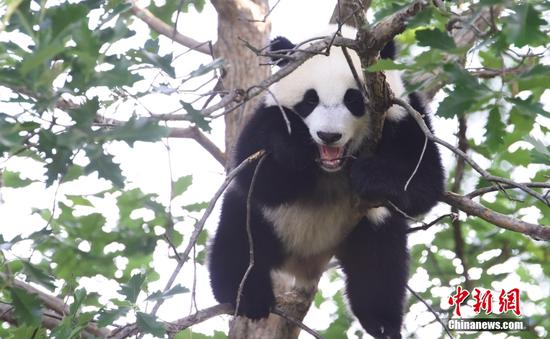


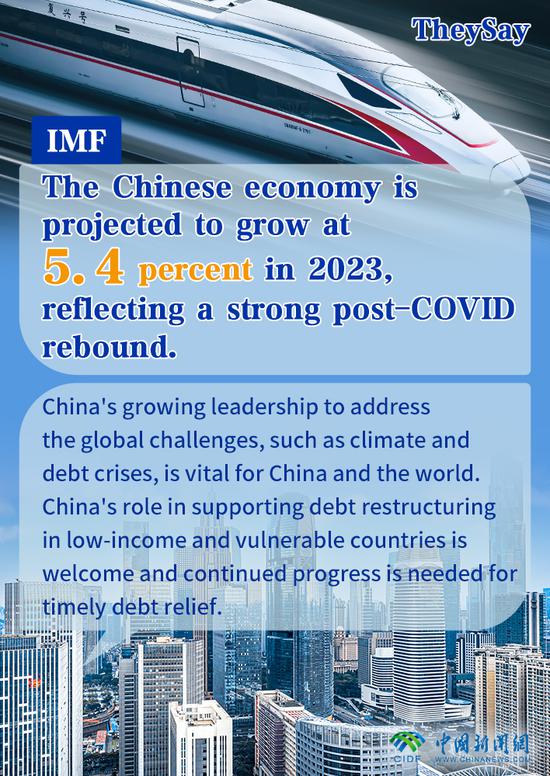
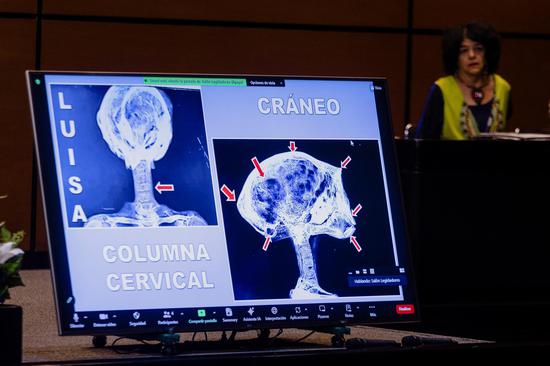
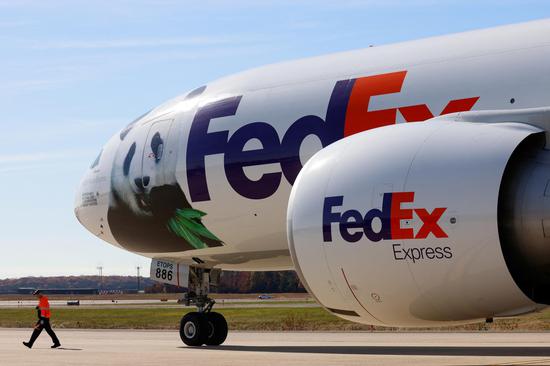
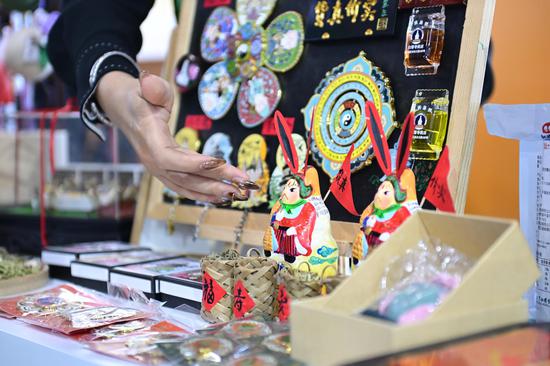

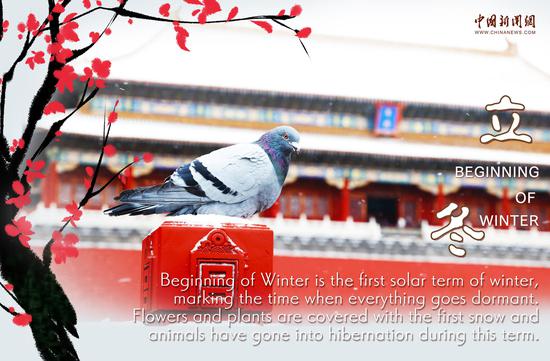

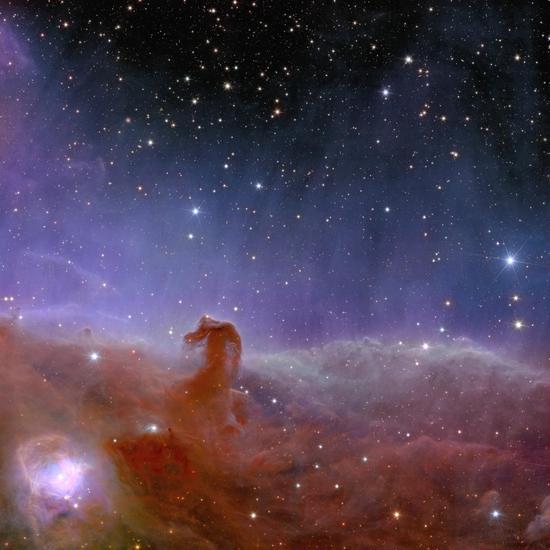
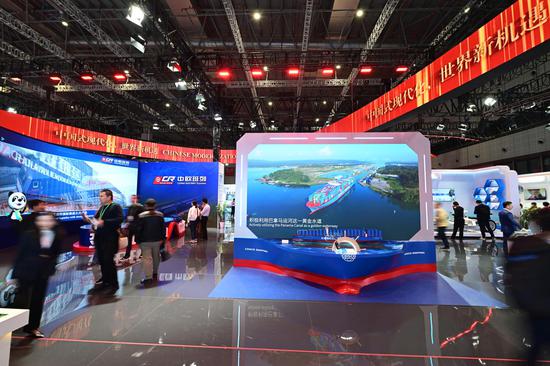

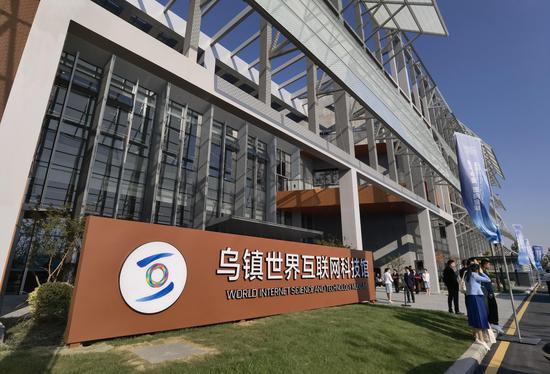
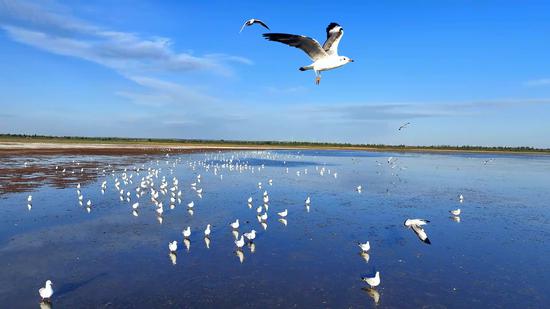

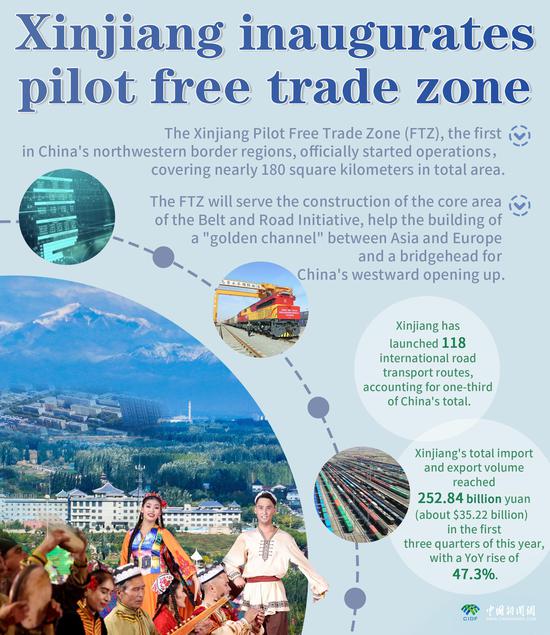



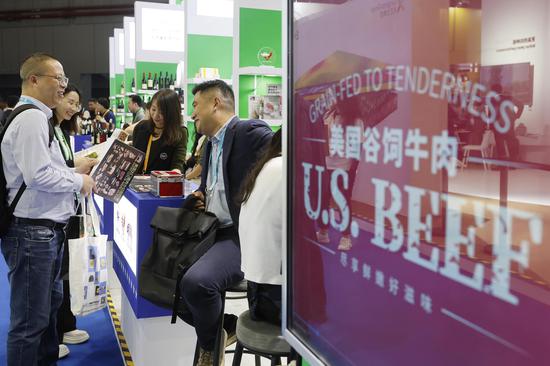

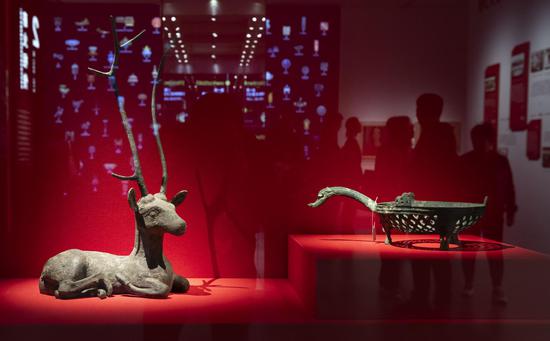


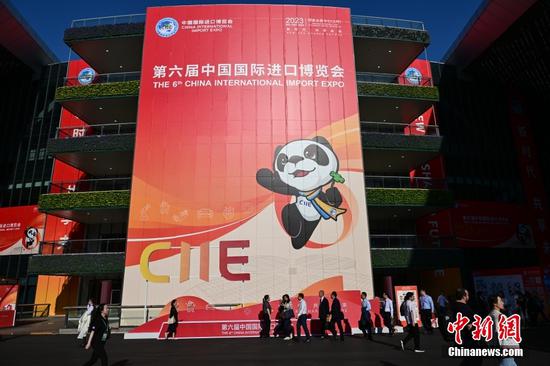



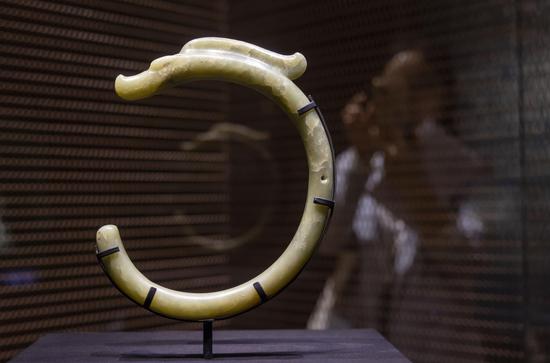
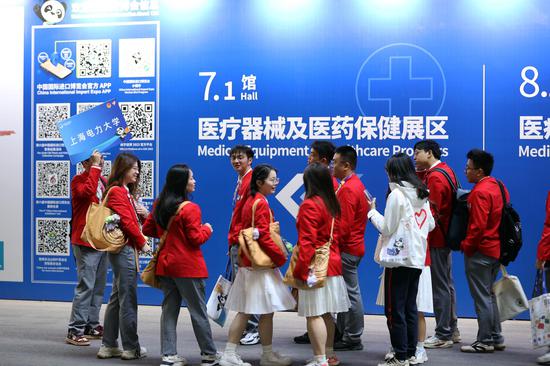




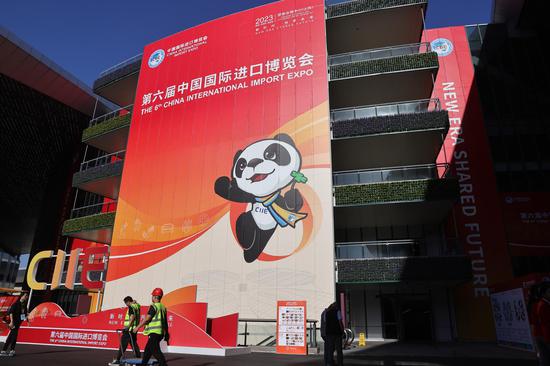
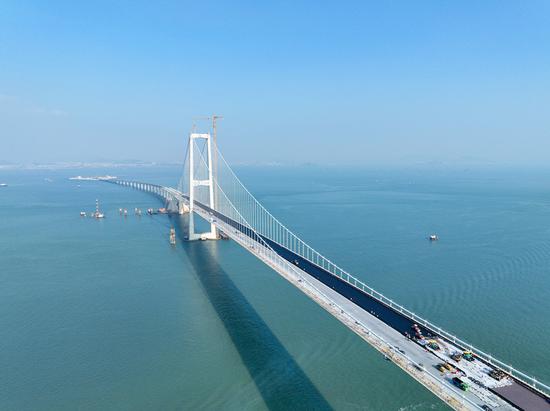





 京公网安备 11010202009201号
京公网安备 11010202009201号